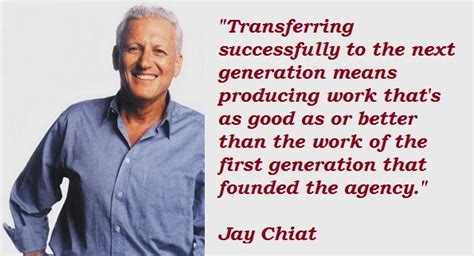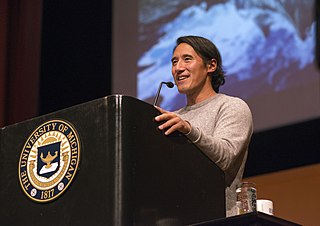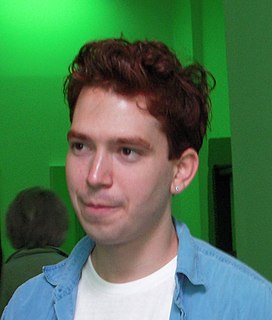A Quote by Daniel J. Solove
Camera phones threaten to turn everyone into amateur paparazzi. We are witnessing our personal space shrink because of the way technology is being used.
Related Quotes
Today, the paparazzi are not just photographers: everyone has a cell phone with a camera. If they see an actor, they click pictures to show it to their friends or have it on their phones and, as an actor, I don't see anything wrong with it. Having said that, there is a limit that has been crossed, but there is nothing right or wrong.
The difference between an amateur and a professional photographer is that the amateur thinks the camera does the work. And they treat the camera with a certain amount of reverence. It is all about the kind of lens you choose, the kind of film stock you use… exactly the sort of perfection of the camera. Whereas, the professional the real professional – treats the camera with unutterable disdain. They pick up the camera and sling it aside. Because they know it’s the eye and the brain that count, not the mechanism that gets between them and the subject that counts.
Space has not changed but technology has, in many cases, improved dramatically. A good example is digital technology where today's cell phones are far more powerful than the computers on the Apollo Command Module and Lunar Module that we used to navigate to the moon and operate all the spacecraft control systems.
We're a community of a billion-plus people, and the best-selling phones - apart from the iPhone - can sell 10, 20 million. If we did build a phone, we'd only reach 1 or 2 percent of our users. That doesn't do anything awesome for us. We wanted to turn as many phones as possible into 'Facebook phones.' That's what Facebook Home is.


































